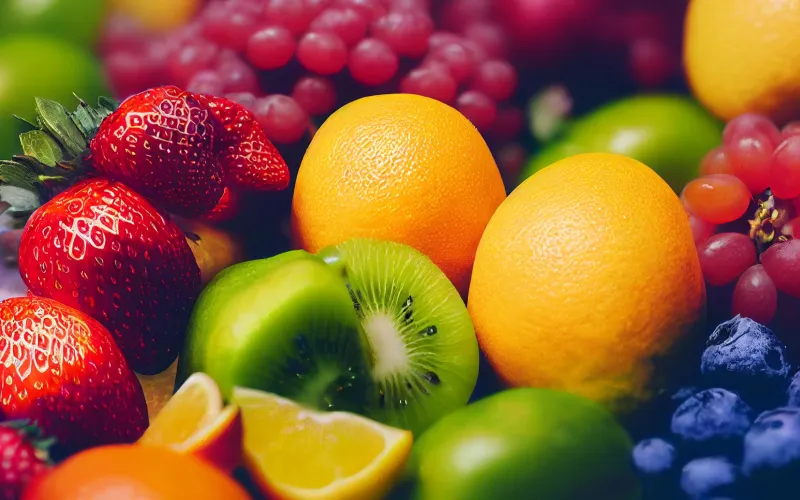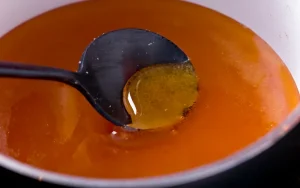The content of sugar in fruits and its natural process are crucial aspects in the elaboration of purees for the food industry. Learn how this component affects the taste, preservation, and nutritional properties of the final product.
Sugar in fruits: how does it affect the production of purees?
Sweetness is the main organoleptic characteristic of fruits. This is due to the presence of natural sugars (fructose and glucose) in the pulp. During the industrialization process, they undergo some changes that provide their distinctive characteristics. We tell you which ones.
Sugar: key to the preservation of fruits
Natural foods, such as fruits and vegetables, decompose in a few days if they are not consumed quickly. To avoid it, the industry uses different techniques to extend their shelf life. This facilitates their distribution, commercialization, and arrival to the final consumer.
One of the most frequent techniques in the production of fruit purees is pasteurization. It consists of subjecting the raw material to high temperatures to eliminate the bacteria that cause decomposition and inactivate oxidative enzymes.
At the same time, the increase in temperature causes the evaporation of the water present in the pulp. With a lower humidity environment, harmful microorganisms cannot survive and reproduce. Thus, the loss of water in the fruit creates a favorable environment for preservation.
Flavor during the process
During the pasteurization process, the natural sugar in the fruit undergoes a chemical reaction: enzymatic browning or caramelization. As the temperature rises, the sugar oxidizes and releases volatile enzymes.
These chemicals oxidize the natural phenols in the fruit, causing brownish pigments to appear. That melanin gives the puree its characteristic caramel color, flavor, and aroma.
In addition, the evaporation of the water causes the pulp to thicken and acquire a softer, more palatable texture. This also allows its use in different applications, such as yogurt, desserts, flavored drinks, jams, and bakery products.
Nutrition of sugar in fruits
The natural sugar in fruits provides carbohydrates needed in a balanced diet. Therefore, fructose and glucose, in moderate amounts, are beneficial to health (Laguna & Alegret, 2021).
Often, the food industry adds high amounts of white sugar (sucrose) and high fructose corn syrup to various raw materials. These added sugars extend the shelf life of products and enhance their flavor. However, they are high in calories and have low nutritional value. Consequently, it is important to purchase products with low or no added sugar content that retain their original properties.
One advantage is to consume 100% natural fruit purees in airtight containers. This way, flavor, quality, safety, and nutrition can be guaranteed in each of its ingredients. Finally, the presence of sugar in fruits and its chemical behavior has a direct impact on the final product and its perception by consumers. Take this information into account and discover how Dream Foods ensures high quality products for your business.
Bibliographic references
- FAO. (n.d.). Capítulo 5: Procesos. Descripción general de los procesos.
- Laguna, J., & Alegret, M. (2021, December 27). Por qué el azúcar de la fruta es bueno para la salud y el de los procesados no. BBC.
- Mora, M., & Rodríguez, P. (2022, May 19). Cinco formas de conservar las frutas y verduras para que no se pudran. The Conversation.







